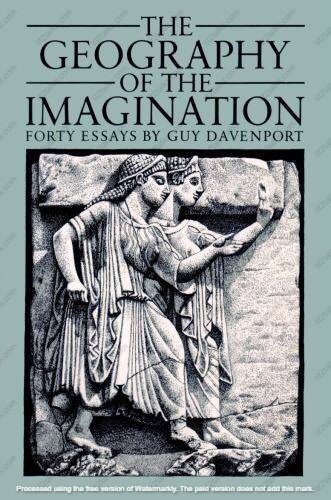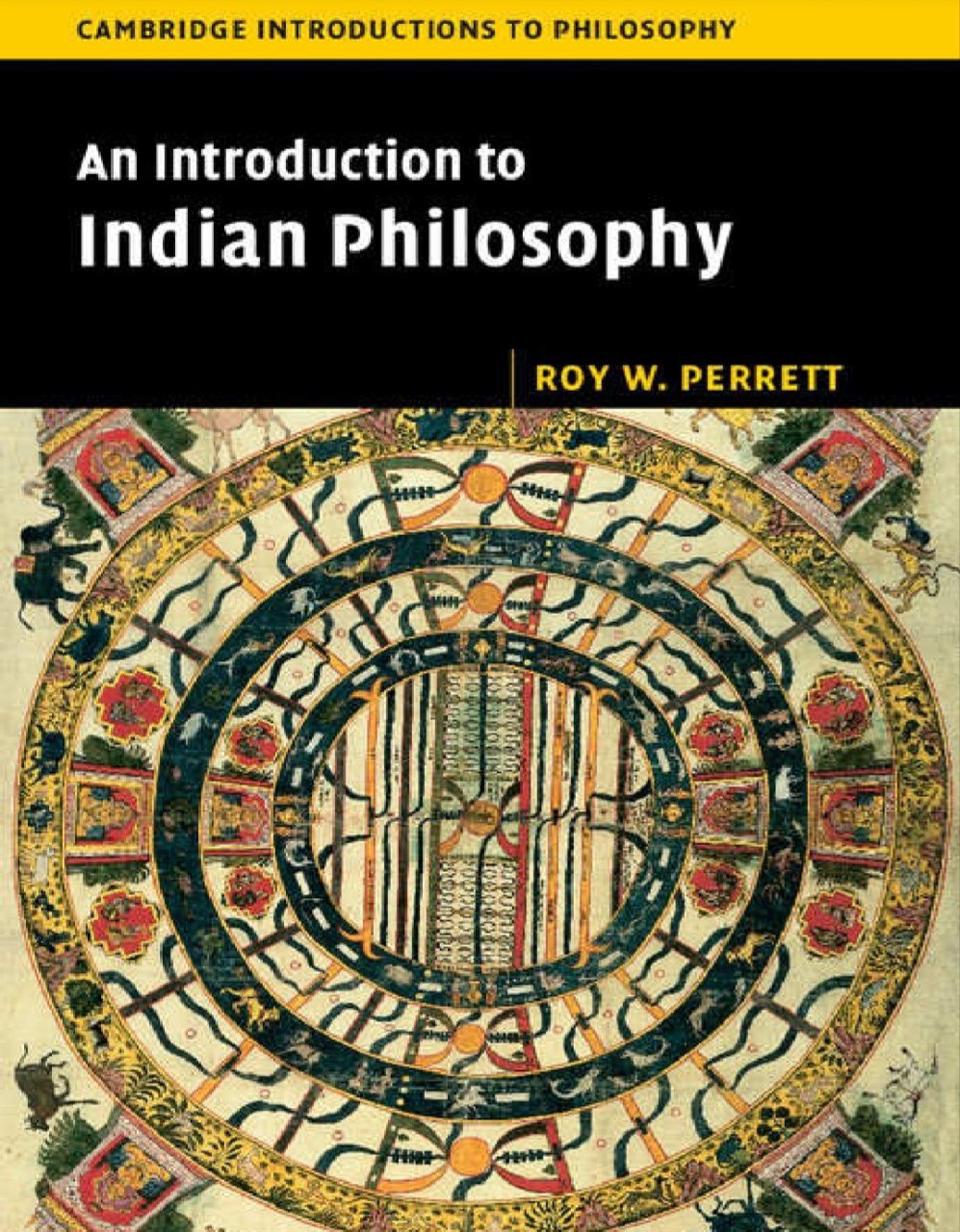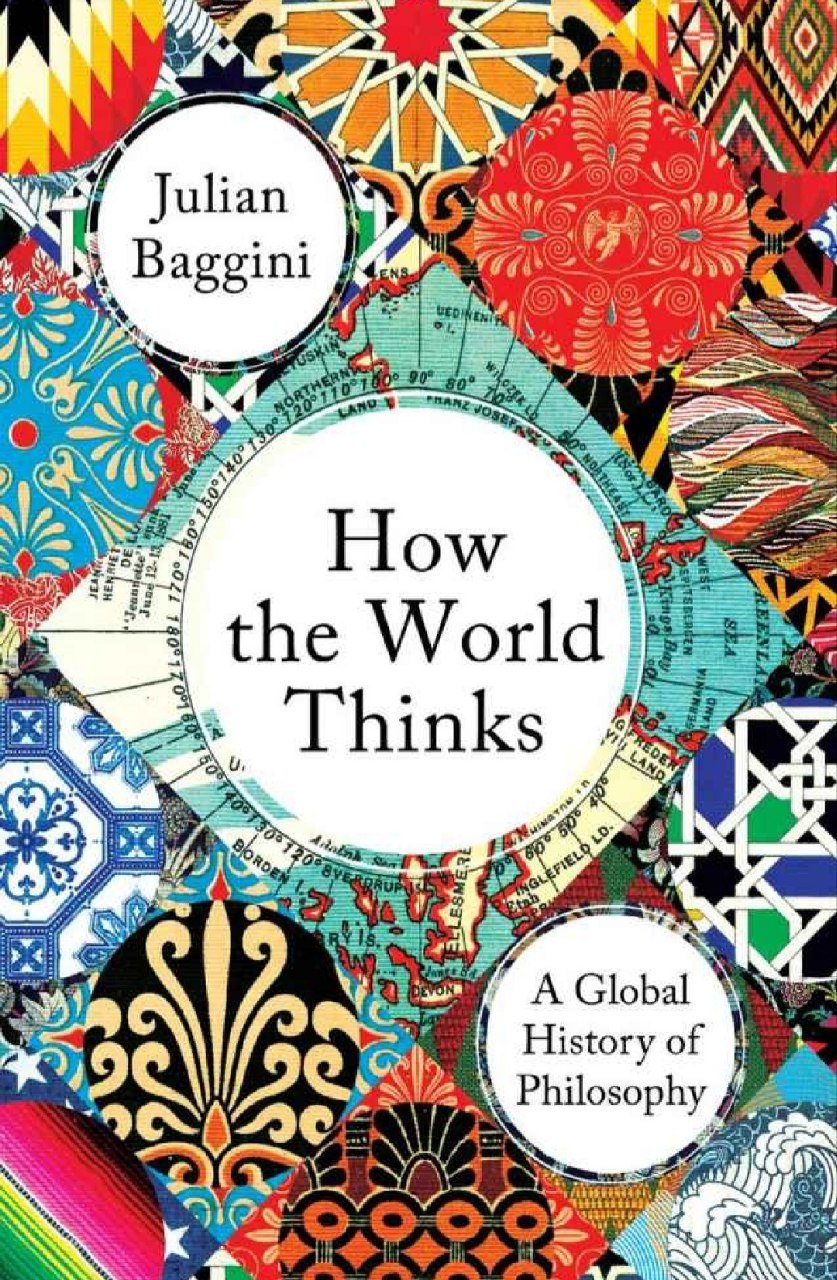

Aliens, Robots & Virtual Reality Idols in the Science Fiction of H. P. Lovecraft, Isaac Asimov and William Gibson
Reviews
No review yet. Be the first to review this book!
Description
Aliens, Robots & Virtual Reality Idols in the Science Fiction of H. P. Lovecraft, Isaac Asimov and William Gibson by John L. Steadman John L. Steadman’s Aliens, Robots & Virtual Reality Idols is a compelling and thought-provoking exploration of how three titans of science fiction—H. P. Lovecraft, Isaac Asimov, and William Gibson—envision humanity’s relationship with the “Other,” whether through extraterrestrial life, artificial intelligence, or simulated realities. Steadman weaves a sophisticated analysis of their works, offering deep insights into how each author uniquely addresses human identity, existential anxieties, and the evolution of consciousness in a rapidly advancing technological world. The book investigates the metaphysical and philosophical themes in their writings, focusing on the strangeness and otherness embodied by Lovecraft’s cosmic horrors, Asimov’s sentient machines, and Gibson’s virtual constructs. Steadman argues that these imagined beings and environments—whether they are the eldritch entities of Lovecraft’s mythos, positronic robots of Asimov’s universe, or Gibson’s cyberpunk cyberspace avatars—serve as mirrors reflecting humanity’s hopes, fears, and potential futures. One of the central premises of Steadman’s book is that all three authors grapple with similar philosophical dilemmas, despite their different genres and time periods. Lovecraft’s indifferent cosmic deities evoke the terror of human insignificance in an infinite universe; Asimov’s benevolent and logical robots embody the promise and perils of scientific rationalism; while Gibson’s virtual reality idols explore identity fragmentation and the blending of human consciousness with digital realities. Steadman delves into topics such as: Anthropomorphism and its limits in understanding the truly alien or artificial. The ethical and moral implications of creating autonomous machines and virtual beings. The concept of the sacred and the profane, particularly how these science fiction figures often assume quasi-divine roles in their respective universes. Humanity’s existential dread and desire for transcendence, whether through communion with the alien, symbiosis with machines, or immersion in virtual realms. What makes Steadman’s approach distinctive is his comparative methodology, juxtaposing Lovecraft’s weird fiction, Asimov’s hard science fiction, and Gibson’s cyberpunk to reveal an underlying continuity in speculative thought—each author attempting to address the limits of human understanding and the search for meaning in a world increasingly dominated by technology and the unknown. In summary: Aliens, Robots & Virtual Reality Idols is a scholarly yet accessible study that examines how Lovecraft, Asimov, and Gibson use aliens, robots, and virtual entities to question what it means to be human. Steadman’s work is essential reading for anyone interested in science fiction, philosophy of technology, and the cultural implications of artificial intelligence and virtual reality. It offers fresh perspectives on familiar authors, showing how their visions continue to resonate in our technologically saturated age.


 May 03, 2025
May 03, 2025

 May 03, 2025
May 03, 2025











 May 03, 2025
May 03, 2025
 May 03, 2025
May 03, 2025



.jpeg)

.jpg)


.jpeg)
.jpg)









.jpeg)




.jpg)





.jpeg)




.jpg)





















.png)



.jpg)


.jpg)
.jpg)





.jpeg)
.jpg)
















































